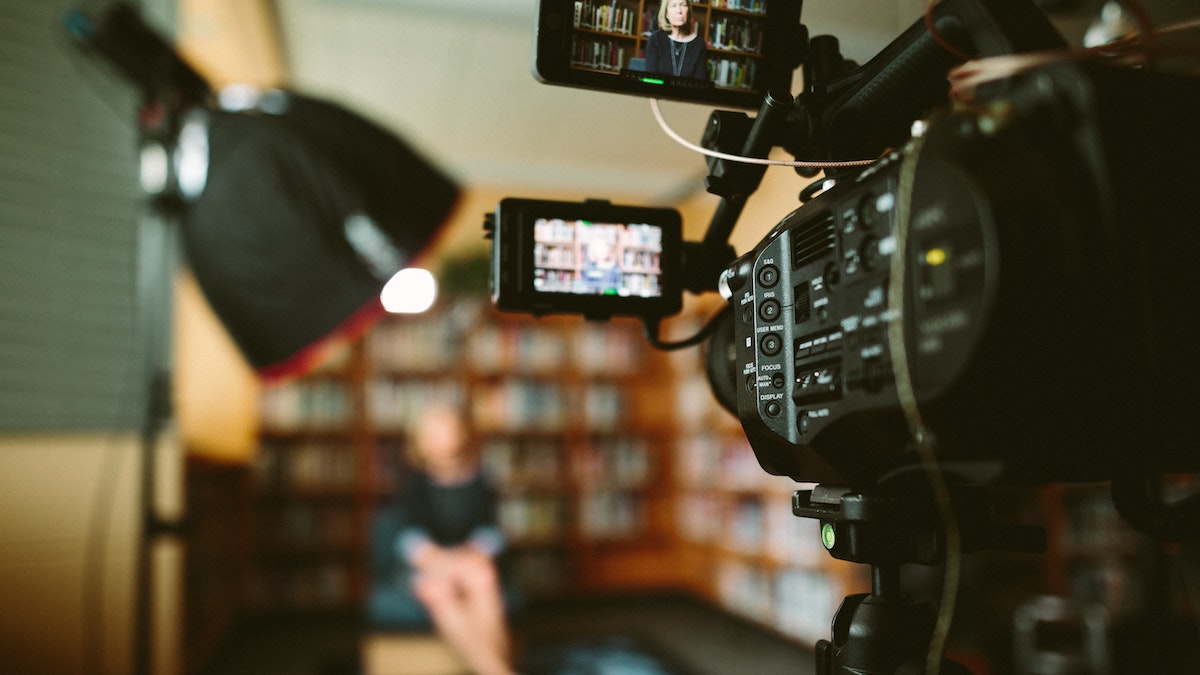What Does It Take To Do Well On A Job Interview?
It's no secret that job interviews can be nerve-wracking experiences. You want to make a good impression, but you also want to be your genuine self. So how do you strike the right balance?
In this article, we'll explore what it takes to do well on a job interview, from preparing ahead of time to following up after the interview is over. By the end, you'll have a better sense of how to present your best self to potential employers. Let's get started!
Research the company you're interviewing with
When you get invited to a job interview, taking the time to research the company is essential. It not only shows that you’re serious about the position but also helps demonstrate your knowledge of the organization and its mission. Start with the website and read about its history, culture, and services or products. Next, dig into any industry-specific news coverage. Finally, find interviews with current or former staff to hear how they think about their roles in the company. Doing this homework gives insight into how well you’ll fit in and impresses potential employers with your enthusiasm for joining their team.
Prepare for questions
Professional preparation is key when attending a job interview. With a little bit of homework, you can make sure you’re ready to answer the hard questions that will come your way. Research the company and position beforehand to be fully informed of what the interviewer might ask and anticipate how you’ll respond. Take the time to rehearse some of these answers out loud either alone or with a friend before heading into the interview so you feel relaxed and confident during the conversation. Being well-prepared will not only increase your chances of getting hired but will also show the potential employer that you’re serious about becoming part of their team. For example, look for expert tips and strategies for success in your growth equity interview, or whatever type of interview you’re attending. Plus, you can use your own experiences and examples to demonstrate how you’re the best person for the job.
Dress for success
With job interviews, first impressions are everything. How you dress for your interview is a key display of professionalism and respect. Clothing should fit comfortably and confidently, so if you’re unsure of what to wear, select something that shows the employer you’re taking their opportunity seriously. Remember it doesn't matter if your outfit is expensive as long as it looks neat and put together. Also, be sure to choose clothing colors in shades of blue, gray, or navy blue - these colors give off a trustworthy vibe that reflects well on yourself. Put effort into selecting appropriate clothes for the occasion--it goes a long way!
Make eye contact and smile throughout the interview
Making eye contact and smiling during a job interview is an essential element for a successful outcome. It shows your interviewer that you’re attentive, confident, and friendly, all of which demonstrate the qualities employers are looking for in potential hires. Eye contact also helps establish trust by conveying honesty and openness. However, it’s important to make sure not to overdo it; too much eye contact can be uncomfortable and push away the person interviewing you. A good rule of thumb is to maintain natural eye contact throughout the duration of the interview, with two or three seconds in between glances. Lastly, make sure to smile appropriately as well; a genuine smile communicates humility and understanding – two traits employers always appreciate.
Be honest about your qualifications and what you can bring to the company
Honesty is key when it comes to job interviews. Before you go into the interview, take a moment to honestly reflect on what you can bring to the company. Being emotionally and intellectually prepared will help exude confidence that you are the right fit for the position. Utilize your past experiences in your professional career as well as any volunteer work and academic achievements to provide examples of how capable you are of succeeding in the role. As uncomfortable as it may feel, to be honest about where your qualifications lie, understanding your strengths and opportunities for improvement is essential for showing that you are up for the challenge of a job. Doing well on a job interview starts with transparency about who you are and what your capabilities are.
Thank your interviewer for their time when the interview is over
After the job interview is complete, it’s important to express your gratitude and appreciation for the interviewer’s time. A simple “thank you” can go a long way in reinforcing the positive feelings that you have developed in the course of the meeting. I recommend adding a sentence or two expressing how grateful you are for their willingness to take a chance on speaking with you and how excited you are about the potential of working together. Doing this communicates your sincerity as well as your enthusiasm for the job opportunity, further cementing yourself as an ideal candidate for whatever position that you are interested in.

Wrapping up, the importance of doing well in a job interview is paramount. The success or failure of an interview can make or break your chances of getting the job. Knowing what it takes to come out on top is essential for appealing to potential employers. From researching the company to making eye contact and smiling throughout, to being honest about qualifications and thanking your interviewer for their time - these points should all be taken into consideration when preparing for a job interview. Doing this will help ensure you make the best impression possible, thus giving yourself the best chance of landing your dream job. Remember that a little research and preparation can go a long way and give you an undeniable edge over the competition.